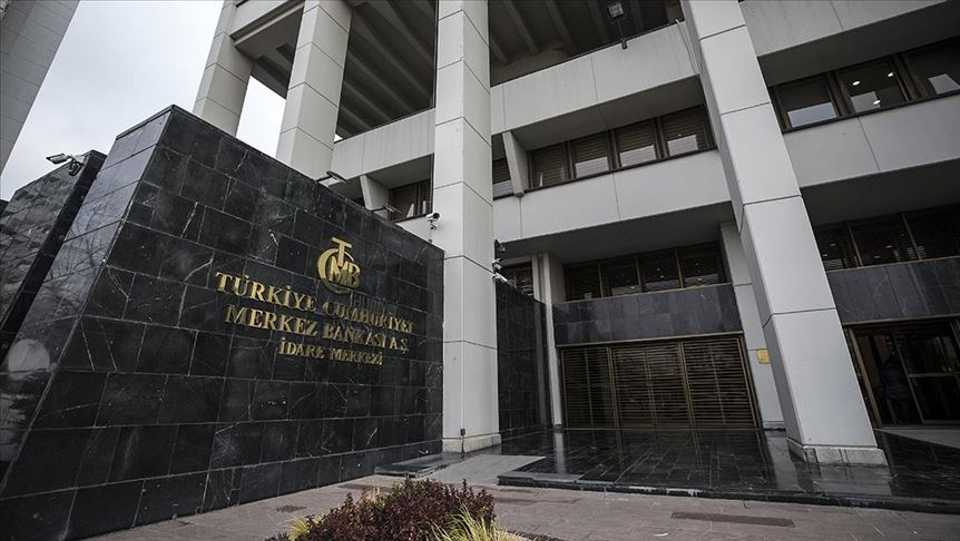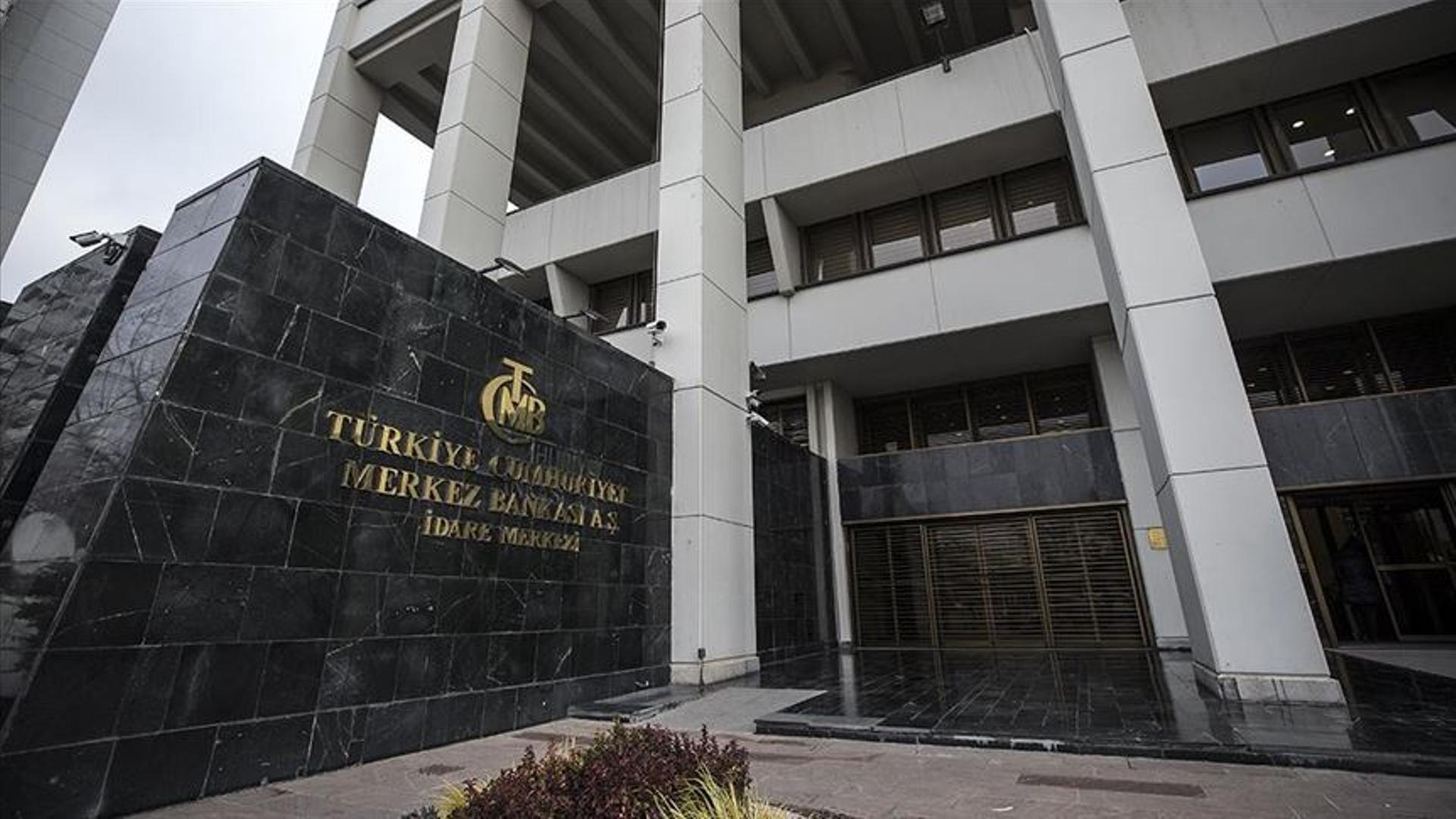
Addressing concerns of the fallout from coronavirus, in an extraordinary meeting on Tuesday the Turkish Central Bank Monetary Policy Committee cut its policy rate from 10.75 to 9.75 percent.
The bank underlined that the downside risks of the year-end inflation projection have risen, led by a mild trend in core inflation indicators, a sharp fall in international commodity prices, and the increased disinflationary effects of aggregate demand conditions.
“The Committee assesses that maintaining a sustained disinflation process is a key factor for achieving lower sovereign risk, lower long-term interest rates, and stronger economic recovery,” it said, adding that new data or information may lead it to revise its stance.
In a separate statement, the Central Bank announced moves to cushion the virus’s likely economic and financial fallout.
The moves aim to enhance predictability, secure uninterrupted credit flow to the corporate sector, and boost the cash flow of exporting firms.
It will provide banks with as much liquidity as they need through intraday and overnight standing facilities, it said.
Liquidity may be injected into the market through repo auctions with maturities up to 91 days when needed, along with one-week repo auctions, the bank said.
Central banks such as the US Federal Reserve and the Bank of England have also taken urgent measures to contain the fallout from coronavirus.
It decided to hold conventional, multi-price swap auctions with maturities of one, three and six months, against euros and gold in addition to US dollars.
The bank also reduced foreign exchange reserve requirement ratios by 500 basis points for lenders that meet real credit growth conditions. Thus, the lenders will be provided with foreign exchange and gold liquidity of nearly $5.1 billion.
Additional liquidity facilities are being offered to lenders to secure uninterrupted credit flow to the corporate sector linked to the amount of credit provided to the real sector.










Discussion about this post